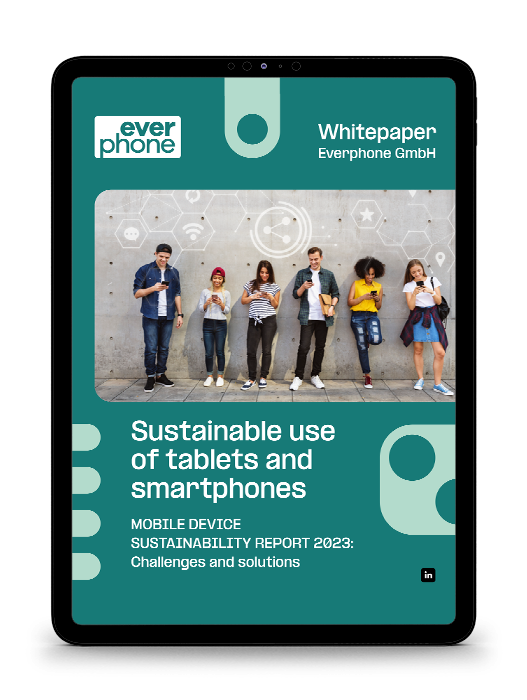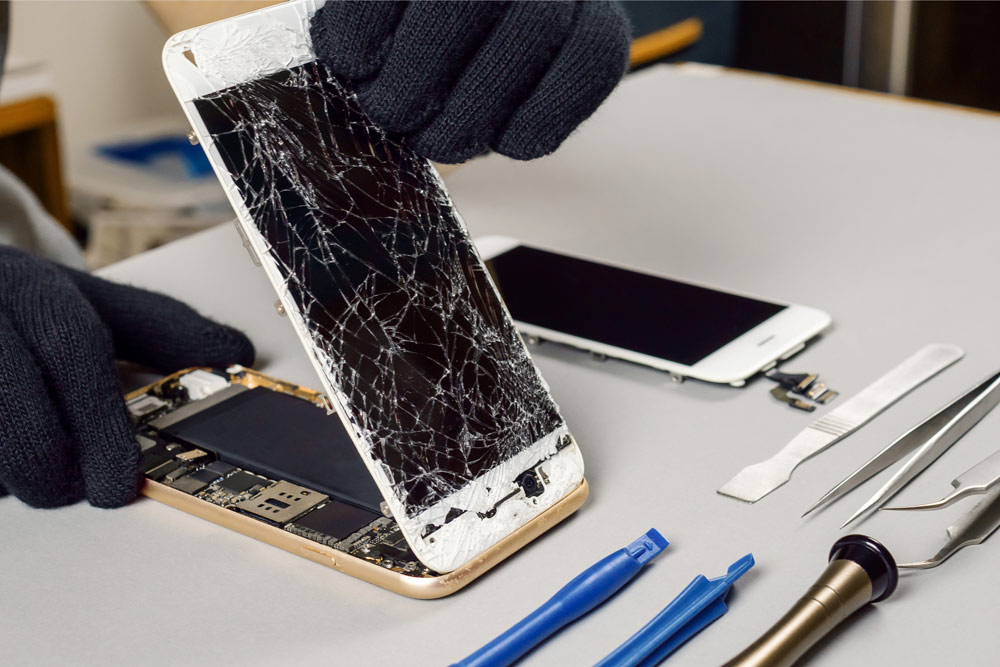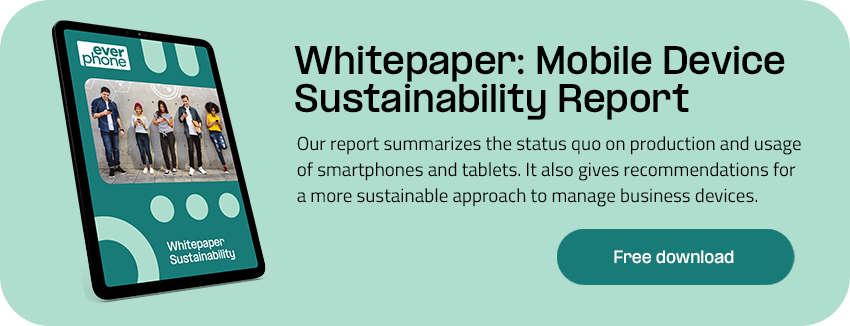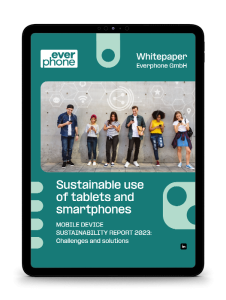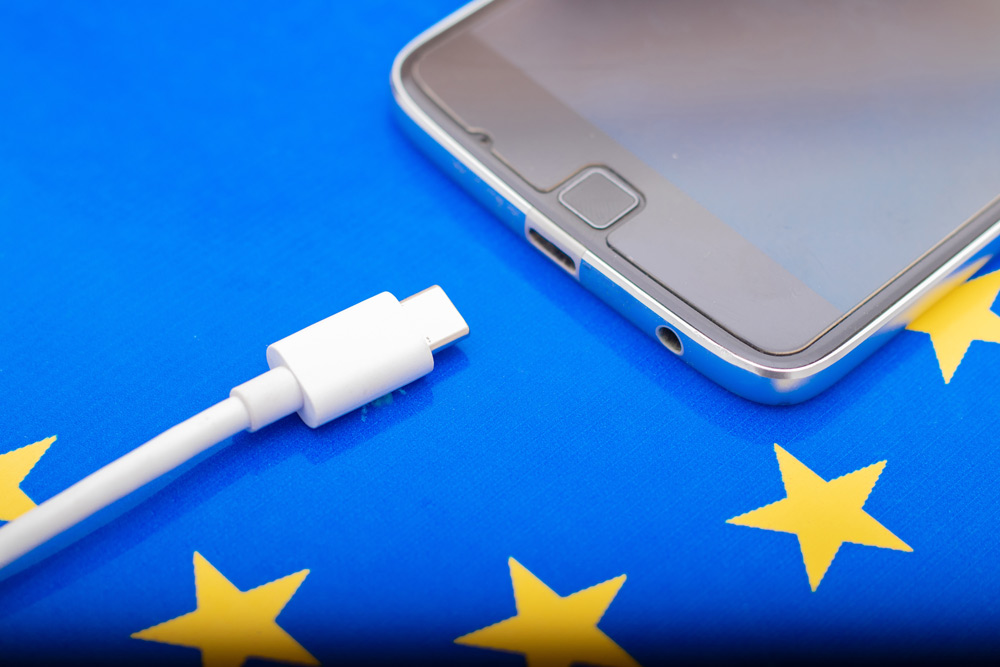In the contemporary business world, sustainability is increasingly stepping into the limelight. Balancing technological progress with environmental responsibility has emerged as a critical challenge.
An often overlooked factor within this challenging dichotomy is the lifespan of technological devices such as computers, mobile phones, and servers—raising the urgent discussion of electronics waste (e-waste). This dialogue seeks to explore how extending device lifespan can foster more sustainable business strategies while partaking in the grander shift towards holistic corporate sustainability.
The lifespan of devices: a pillar for corporate sustainability
Incited by the relentless momentum of innovation, a ‘disposable tech culture’ has taken root, spurring an accelerated pattern of device replacement. Prolonging the lifespan of devices has the potential to not only diminish e-waste but also optimize resource use—this includes not just physical devices (and especially the smartphone lifespan) but also the data we keep on them.
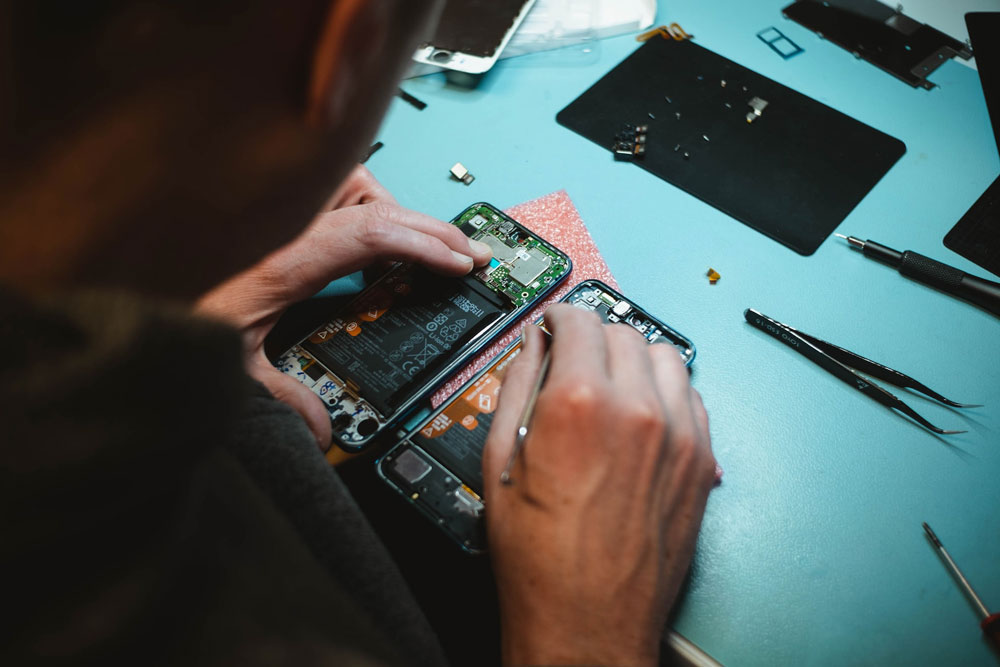
For instance, using tools like a GIF compressor or understanding how to compress videos using an MP4 compressor can help manage storage more efficiently, reducing the need for hardware upgrades. Reflecting on these actions, we see they contribute positively to multiple facets of corporate sustainability.
Material efficiency and waste reduction
Extending the lifespan of devices fosters material efficiency. Producing fewer devices leads to a decrease in raw material extraction and contributes to reduced energy consumption during the manufacturing process, thereby embodying an organization’s commitment to waste minimization.
For example, Apple started a program in 2017 to recover and reuse precious metals from discarded iPhones. This initiative reduces the reliance on fresh mining of materials, promoting sustainable practices.
Reducing toxic outputs
Electronic devices often contain hazardous substances like lead and mercury. By ensuring the devices’ longevity, we can significantly lessen the release frequency of these harmful elements into the environment. Companies like Samsung have taken steps toward reducing toxic materials in their devices to mitigate environmental harm.
Implementing lifespan extension: a strategic move towards sustainability
Investing in hardware longevity
By investing in hardware designed for extended use, both technologically and physically, companies can effectively increase their devices’ lifespan. Dell, for instance, incorporates long-term durability into its product design through robust, high-quality components that ensure extended usability.
Regular maintenance and software updates
Regularly maintaining devices and updating their software can keep them running efficiently for more extended periods, thereby delaying the typical replacement cycle. Google’s Chromebooks, designed with auto-update functionality, ensure that the devices always run on the latest, most secure version of the software, thereby extending their lifespan.
Proactive device rollout planning
Avoiding mass rollouts of new devices and opting for a staggered approach can prolong the overall lifespan, reduce immediate e-waste, and spread financial costs over time.
Rethinking the end-of-life: a pivotal step in e-waste management
The circular economy principle
A “circular” economy, where waste is minimized through strategies of reuse, recycling, and refurbishment, should be the cornerstone of corporate device management strategies.
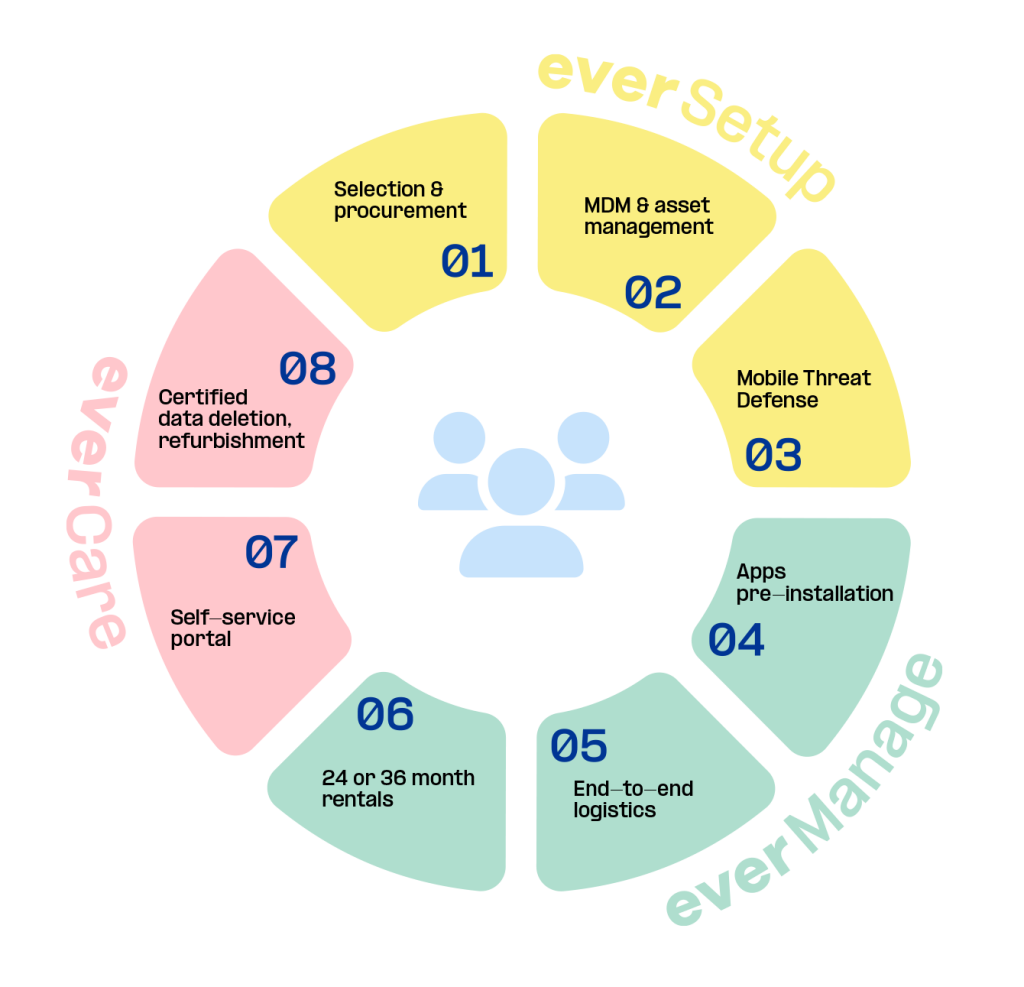
Leveraging electronics recycling programs
Companies can use certified recycling programs to ensure the environmentally responsible disposal of e-waste. HP’s Planet Partners Recycling Program responsibly recycles electronic equipment and ensures that any e-waste is suitably handled, even deriving energy from the process.
Implications for the green enterprise and corporate reputation
Aligning environmental stewardship with economic performance
By extending device lifespan and reducing e-waste, businesses can lower their environmental footprint and alleviate the financial pressure of frequently buying new hardware.
Enhancing corporate reputation
In this era of increasing eco-consciousness, visible sustainability commitments can significantly boost a company’s reputation.
Conclusion: embracing sustainable progress
The challenge of harmonizing technological advancement with environmental sustainability is one that corporations must confront. Maximizing device lifespan and implementing efficient end-of-life practices could form the cornerstone of a sustainable, eco-friendly enterprise. It’s more than just a response to an environmental imperative; it’s a strategic move driving long-term economic efficiency and strengthening the corporate reputation in a marketplace where eco-awareness is gaining prominence.



